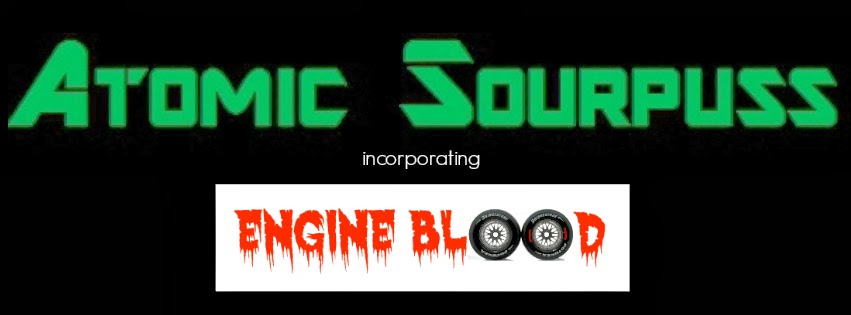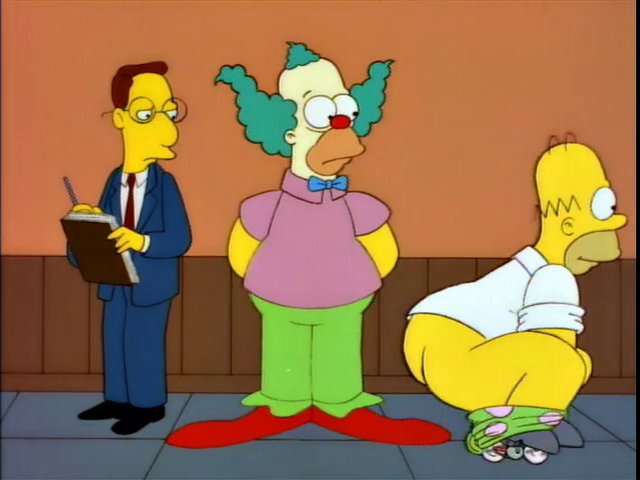INTRODUCTION: An evil empire is aggressively expanding its territory, enslaving the good peoples of the world and generally being a standard evil empire. Seriously, it's all a bit predictable in that respect.
Four young heroes (again) attempt to escape their town as it is invaded but are cut down as they run. Firion, Maria and Guy are rescued by Princess Hilda's rebel militia, whilst Leon mysteriously disappears.
Funnily enough, it turns out that only the three remaining youngsters have the spunk to take on the Empire, supported by an ever-changing cast of fourth characters, and off they go on a quest to save the world, that will eventually lead them to HELL ITSELF...
RELEASE: 17 December 1988, Nintendo Famicom (JPN); 8 April 2003, Sony PlayStation (USA, remake); 14 March 2003, Sony PlayStation (EU, remake)
MY FIRST PLAY: 2002-2003, NES emulator on my ancient PC, though no longer as sick. Not completed until 2006 on the GameBoy Advance version, due to my attention seriously wandering on a number of occasions.
 |
| Courtesy Square Enix, via Final Fantasy Wikia. |
The original Famicom version was never officially translated to English, though a fan translated ROM exists, and a partially-translated NES test cartridge for "Final Fantasy 2: Dark Shadows Over Palkia" was produced, there were problems fitting the amount of English characters into the game - Japanese pictogram writing can say more in less memory than a full-alphabet written language, so it was primarily a capacity issue - so the game released as FF2 in America was very different... See you in two weeks' time!
THE GAME: FF2's engine and character progression system is unlike any other in the series... But wait a minute, did we say "characters"? As in, actual, living, breathing, not constructed at the start of the game, characters?... Well, yes and no.
This time round your party consists of main protagonist and vanilla hero-type Firion; Maria, who is a girl and therefore described as an "archer" rather than a heavy warrior because of course she is, and Guy or Gus (depending on version), an *ahem* 'simple' gentleman who can talk to animals, mainly beavers. Long story. Fourth wheel Leon goes missing fifteen seconds into the game, so much of it is spent with a revolving-door approach to your fourth and final character, from princes to pirates and sages to dragoons.
Now, what about that gameplay? Well, it's immensly divisive, but it's probably the most realistic imagining of character skill growth in the entire series. Essentially, stats and skills get better the more you use them - so Maria uses her bow, she gets better at using her bow; Guy attacks something, his Strength might go up; Firion takes damage, his Endurance and/or Hit Points increase.
Unfortunately this makes levelling your characters up somehow less organic, and increases the chance of bumping into enemies you are ill-prepared for and getting wiped out. It also puts in a fair few exploits, some of which were excised for the remakes, where cancelled actions would still lead to gains and beating up your own party members was the key to success.
We also get a landmark debut for the series, as this is the first appearance of Chocobos - a kind of big yellow ostrich thing that serves as a steed, increasing movement speed and sometimes allowing otherwise inaccessible terrain to be navigated, and have become an iconic symbol for the series. In later games they would be everything from NPCs to semi-main characters to antagonists, and have technically appeared at Wrestlemania courtesy of The New Day.
 |
| Courtesy Square Enix, via Wikipedia. |
MUSIC: The overworld theme is a lot more ominous in this one, which changes the atmosphere nicely from its predecessor's jolly lark of a magical adventure to this entry's romantically doomed fight against the odds:
TECHNOLOGICAL DYSTOPIA RATING: 3/10
And all three of those points are for The Dreadnought, a gigantic imperial airship that levels resistance towns. It's essentially a wooden Star Destroyer. Other than that the sheer level of classic Christian imagery and fantasy tropes at play here render technology essentially unnecessary.
MEGABOSSES: ...Erm, well, there isn't one as such. However there are Beelzebub, Zombie Borghen, Tiamat and Astaroth, who are optional strong opponents that can be faced to get rare equipment, and the Iron Giant, a randomly-occurring battle towards the end of the game (a bit like WarMech last time out) with an opponent that is strong enough to at least partially count towards this category.
REMAKES: A mere 14 remakes here... Worth noting though that 2003's "Final Fantasy Origins" for the PlayStation was the first time the game was available (ahem, legally) outside of Japan.
Despite that version, and that version alone, being the only FF game to contain a character called Gareth (known as Ricard in the Japanese version), "Final Fantasy I and II: Dawn of Souls" for the GameBoy Advance is the definitive version for me, and contains a near-impossible post-game dungeon which I've yet to complete.
WORST BIT: It's a hell of a grind, and without an overarching system to provide constant character growth, it can be very difficult to know both how you should improve your characters, and best to do it once you know what you want to do. For the last few battles I was running on fumes, doing minimal damage, scarping through and not really understanding why.
In short - and I feel like the worst stick-in-the-mud for saying this - the character growth system in this game, although incredibly logical, really damages the amount of fun one can have playing it.
BEST BIT: The "Key Words" system, which makes its only appearence in the entire series, which expands the conversations it is possible to have with NPCs - not by much, but it is appreciated.
For instance, you're told you need to get "Sunfire". "Sunfire" then becomes a part of your vocabulary, and if you use it when talking to other characters, you might learn something useful. It's a small thing, but it makes it feel more lifelike and organic.
It's little things like that system, and the sheer level of innovation and risk, that make me want to like this one a lot more... But in truth, it just hasn't ever entertained me as much as the others. It's still a very interesting play though, as a evolutionary dead end if nothing else.
Join us next time for Moogles, airship after airship after airship, and getting a damn job, you hippy.













